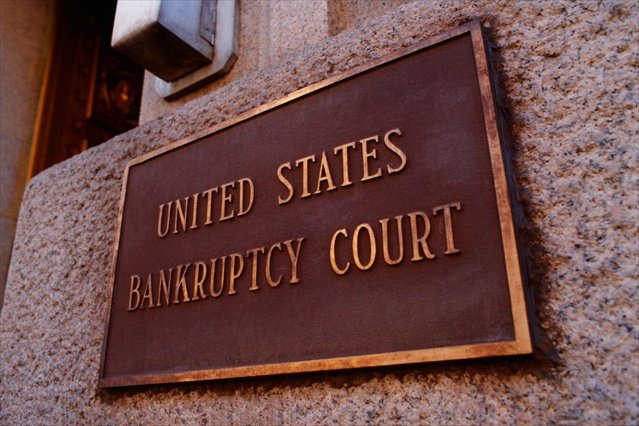The meeting of creditors is an important step in the bankruptcy process. It is a mandatory hearing where the debtor, along with their bankruptcy attorney, appears before a bankruptcy trustee and creditors to discuss their financial situation. Understanding what to expect can help alleviate anxiety and ensure you are prepared for this crucial event. Here’s a comprehensive guide on what happens during the meeting of creditors.
1. Purpose of the Meeting of Creditors
The primary goal of this meeting is to allow the bankruptcy trustee and creditors to ask you questions about your financial situation. It serves as a way for the trustee to verify the accuracy of your bankruptcy paperwork and assess whether your case meets the necessary criteria for debt relief.
2. Who Attends the Meeting
- Debtor: You, the person filing for bankruptcy, must attend.
- Bankruptcy Trustee: The trustee oversees the process, ensuring that assets are properly managed and that creditors are treated fairly.
- Creditors: Any creditor that chooses to attend may participate, though few typically do.
- Attorney: Your bankruptcy attorney, if retained, will attend with you.
3. What to Bring
To ensure a smooth meeting, it’s important to bring the following documents:
- Proof of identity (driver’s license, passport)
- Social Security card or proof of Social Security number
- Recent pay stubs (typically from the last 6 months)
- Proof of any additional income (e.g., Social Security, disability benefits)
- Copies of recent bank statements
- Recent tax returns (typically for the last 2 years)
- Any court documents related to previous bankruptcy filings
- Mortgage or lease statements, if applicable
- Vehicle titles or loan statements
- Statements for other major assets (real estate, investments, retirement accounts)
4. What Happens During the Meeting
- Introduction: The trustee will explain the purpose of the meeting and any legal obligations you have.
- Verification of Identity: The trustee will ask for government-issued identification and your Social Security number.
- Questioning: The trustee will ask about your financial situation, including income, expenses, assets, debts, and any significant financial transactions.
- Creditors’ Questions: Creditors have the opportunity to ask questions, although they rarely do.
- Possible Follow-Up: The trustee may require additional documentation or clarification before finalizing your bankruptcy filing.

5. Common Questions Asked
Here are some examples of questions you might encounter:
- Income Verification: Where do you work, and how much do you earn?
- Assets and Liabilities: What do you own? What debts do you have?
- Expenses: What are your monthly expenses for housing, food, utilities, transportation, and other necessities?
- Recent Financial Activity: Have there been any large transfers of money or assets before filing?
- Bank Statements: Can you explain any unusual transactions or balances?
- Future Plans: What do you intend to do after bankruptcy, and how do you plan to rebuild your finances?
6. Possible Outcomes
After the meeting:
- No Issues: If everything goes smoothly and no creditors object, your bankruptcy process will continue.
- Further Documentation Required: The trustee may ask for additional information or documents to clarify certain aspects of your financial situation.
- Objections from Creditors: Rare, but if creditors object, your case may need further review or additional court hearings.
7. Preparing for the Meeting
To make the process as stress-free as possible:
- Be honest and thorough in your answers.
- Review your bankruptcy petition and supporting documents ahead of time.
- Bring all requested documents to avoid delays.
- Arrive on time and be prepared to stay for the duration of the meeting.
Conclusion
The meeting of creditors is a critical step in the bankruptcy process, but with proper preparation, it can go smoothly. By understanding what to expect and having all necessary documentation ready, you can ensure that this meeting is as straightforward as possible. Consulting with your bankruptcy attorney beforehand will also help clarify any doubts and guide you through the process confidently.











